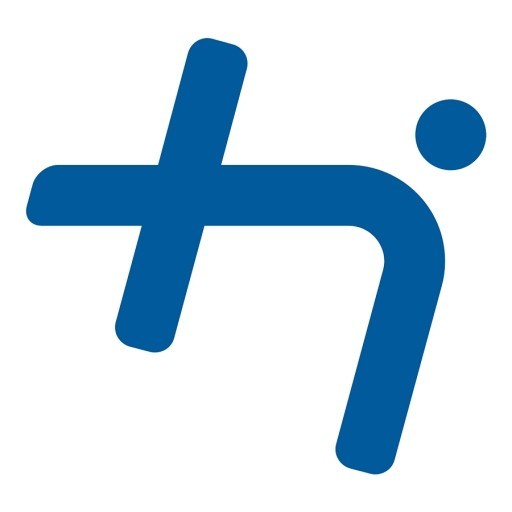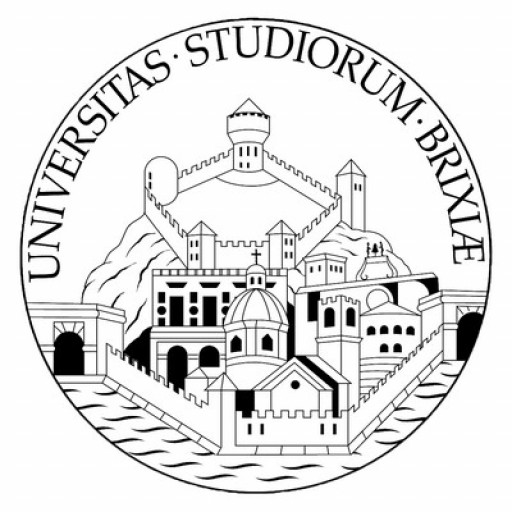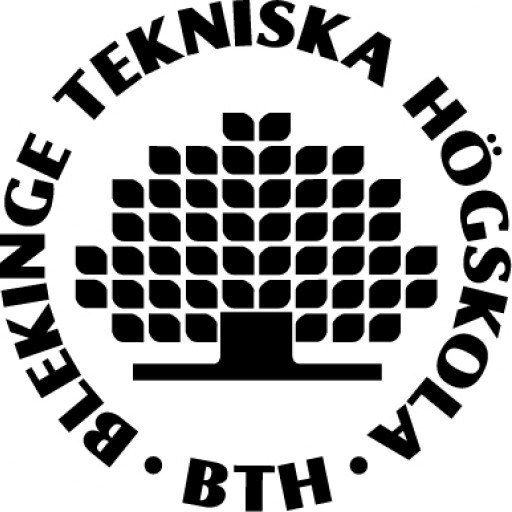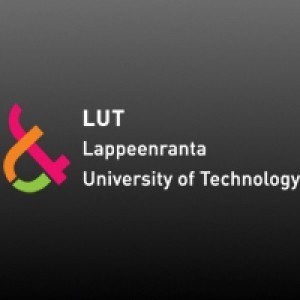- Mathematics and Computational Methods: numerical solution of linear and nonlinear systems of equations; numerical discretisation, ordinary and partial differential equations tensors; Fourier analysis; curve, surface and volume integration
- Solid Mechanics: stress state, deformation and strain state; plane, torsion and plate problems; energy principles
- Finite Element Method: the principle of virtual work, basic elements; bars and beams, plates and shells; FEM in the product development process
- Materials and Material Models: classification of materials, introduction to material models; viscoelasticity; plasticity; computational aspects; composites
- Geometrical Nonlinear and Contact Analysis: geometrically nonlinear phenomena in structural mechanics; contact phenomena, contact detection, contact forces; stability and convergence issues; application of commercial software
- Computational Dynamics: resonance and damping, machine dynamics; experimental dynamic analysis; response analysis based on the given load; numerical simulation; modal analysis; reduction methods
- Project Work: solving an actual complex problem in a team; topics in the area of applied research, product or manufacturing development; using analytical, numerical and/or experimental methods
- Elective Modules (2 out of 11): fatigue and fracture/ scientific programming/ optimisation and robust design/ modelling techniques/ acoustics/ multibody systems/ product development and manufacturing processes/ experimental validation/ mechatronics/ computational fluid dynamics/ simulation: state-of-the-art and scientific writing
- Master's Thesis and Colloquium
Educational organisation
The part-time course is modular and normally has a duration of four semesters. Our students are professionals who wish to study while working at their normal jobs. Therefore, the career-integrated study programme consists of in-person and self-study phases. The fourth semester is reserved for the preparation and presentation of the Master's thesis.Tuition is carried out at the universities in Ingolstadt and Landshut. The language of instruction is English.
The Master's course is interactive, takes place in small groups, and is accompanied by a computer course.
A joint degree is awarded by the universities of applied sciences in Ingolstadt and Landshut.
Forms of assessment
Written and oral exams, project work, academic papers, presentations, Master's thesis with colloquiumCourse objectives
The Master's programme in Applied Computational Mechanics aims to convey practically-oriented, career-parallel specialisation in the area of simulation based engineering sciences. Besides the necessary specialisation in physical and mathematical basic subjects, the training programme concentrates on the application of numerical solution techniques, using professional software tools in modern product design processes. Graduates are taught to understand and shape development and production processes in a complex environment, as well as to develop innovative products and technologies, using modern methods and instruments. Besides specialist and methodical knowledge, students acquire knowledge spanning a range of subjects. The students gain social and team competencies, which will encourage them to undertake new projects on their own as well as in a team. Therefore, the content of the programme increases the students' career options and is conducive to promotion within the entrepreneurial hierarchy.All in all, our students are well-prepared for tasks meant for qualified employees and skilled managers in (international) enterprises, engaged in the field of production.
The academic degree "Master of Engineering" (MEng) is conferred upon completion of the course of studies.
Language requirements
English (e.g. TOEFL ibt 80 points) / B2 Common European Framework of Reference for LanguagesAcademic requirements
- Bachelor's degree in engineering or natural sciences
- Proficiency in English
- At least one year of relevant professional experience in the field of engineering or natural sciences following the first university degree
Experience in the use of CAE simulation software is recommended.
Want to improve your English level for admission?
Prepare for the program requirements with English Online by the British Council.
- ✔️ Flexible study schedule
- ✔️ Experienced teachers
- ✔️ Certificate upon completion
📘 Recommended for students with an IELTS level of 6.0 or below.
Enrolment fees
An administration fee of 42 EUR is charged each semester.Costs of living
Student organisations estimate that costs of living are approx. 700-800 EUR per month, depending on individual needs and expectations.Mandatory health insurance in Germany will cost a student around 80 EUR per month.
Job opportunities
Participants of this career-integrated programme should be employed by an engineering company during the course of study. Applicants from outside Europe are recommend to contact their employer for finding a German or European affiliation or a partner's company where they can do an internship during the time of study.Arrival support
The International Office aims to help international students with all questions and problems they may face, e.g. residence permits, health insurance, accommodation, etc.Services and support for international students
The International Office works closely together with the student club N.I.C.E.Together we organise many activities and various trips to neighbouring cities like Munich, Regensburg and Nuremberg.
You will find all the information you need for your stay in Ingolstadt on our website. The team at the International Office will be glad to answer any further questions that you might have.
Accommodation
Finding accommodation might take time and should be planned well in advance.Between 350 and 400 EUR per month should be budgeted for accommodation.







